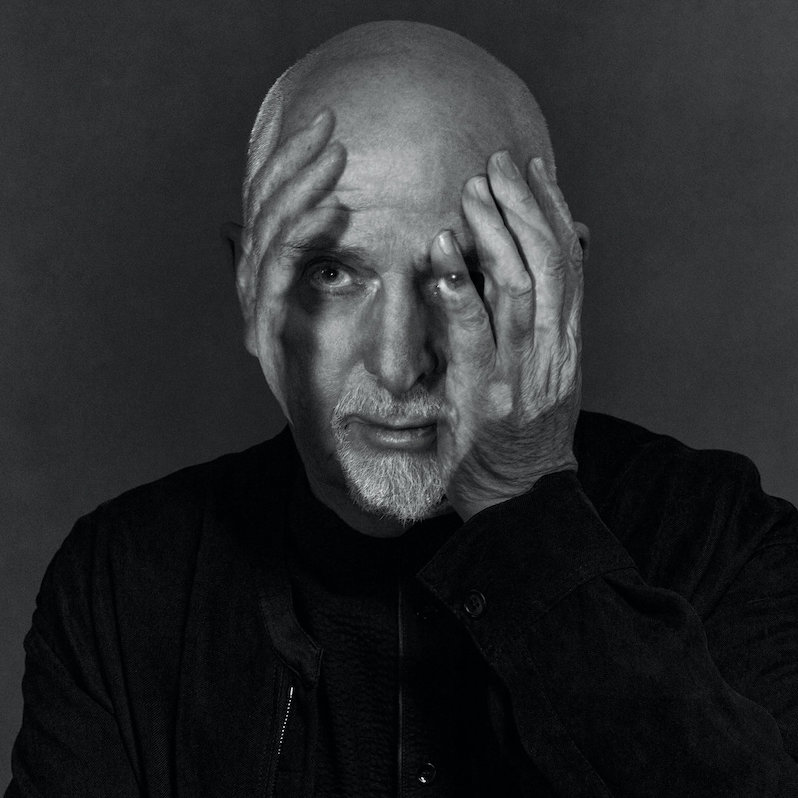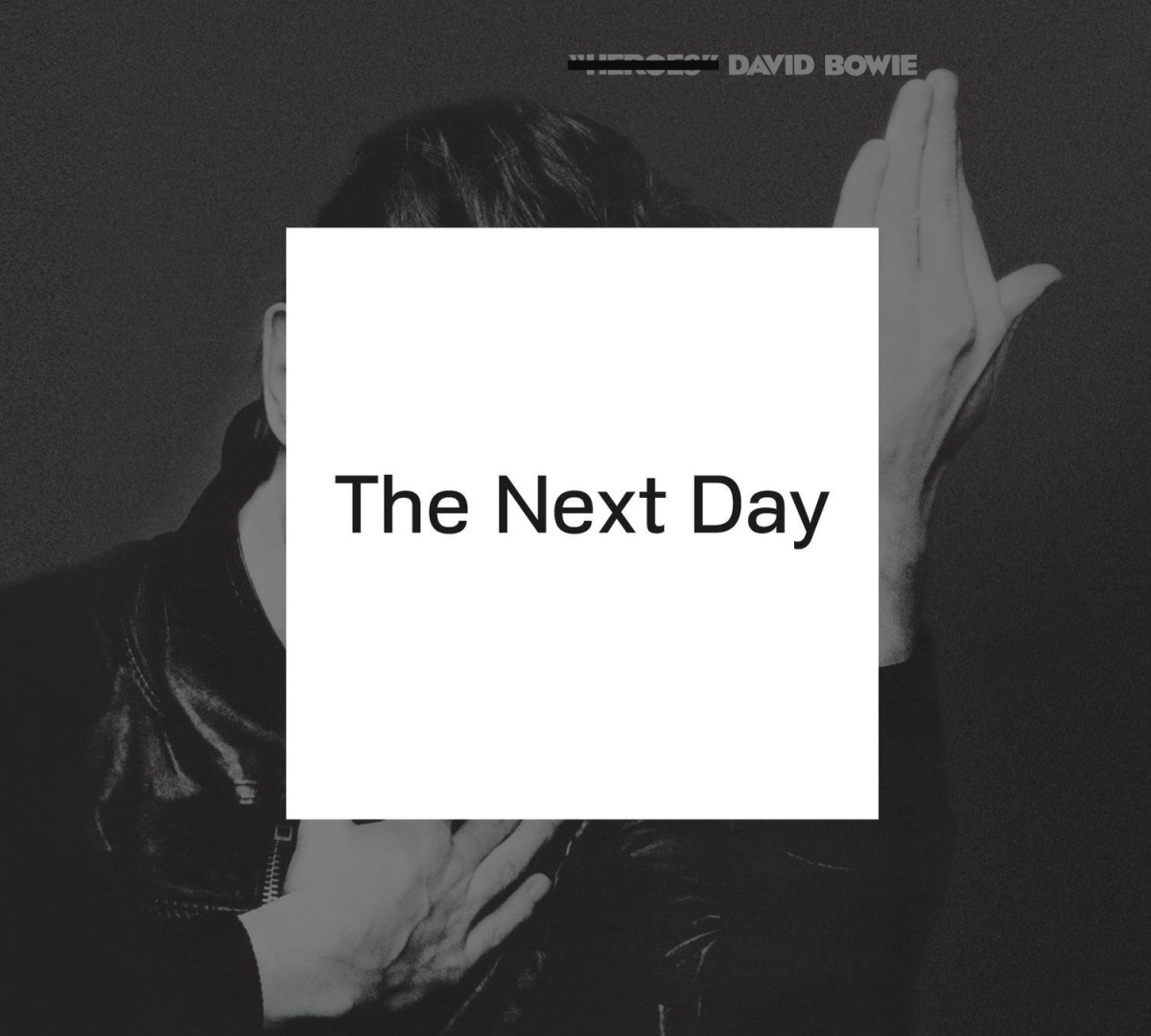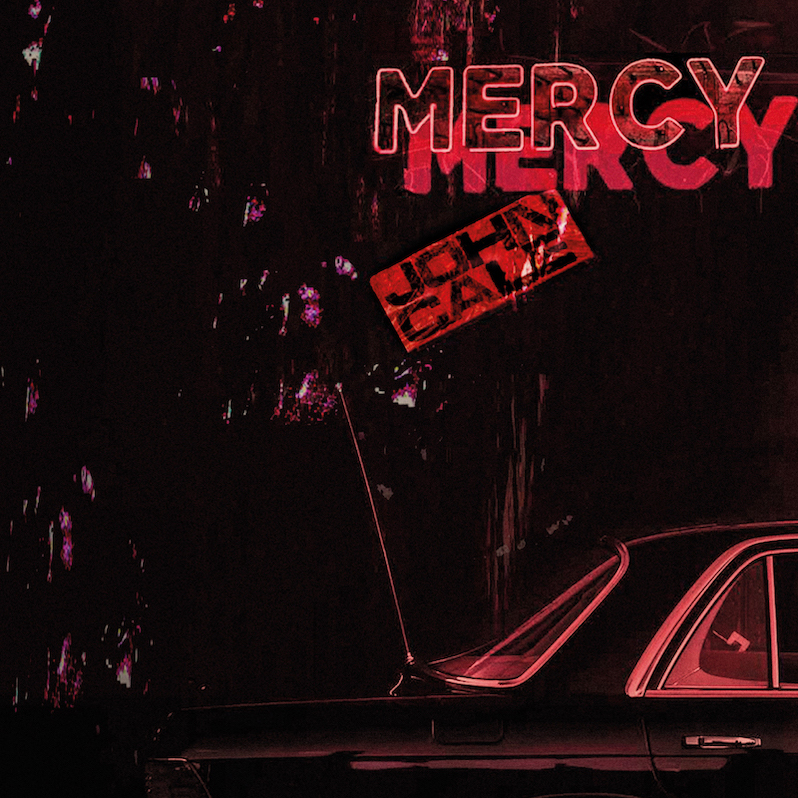Peter Gabriel : i/o

How little things change. On i/o, Peter Gabriel‘s eighth studio record (depending on how you count them), we see pressingly little different. Since So, released nearly 40 years ago, Gabriel has stayed within one milieu, one sound, incorporating everything from how he writes lyrics to how he engineers sound, let alone the arrangements and compositions themselves. It is as if he has been frozen in a temporal bubble, unable to change, to grow, to move on. The two-letter and nearly monosyllabic run of So, Us, Up and now i/o may as well be one giant elongated record dispersed over nearly half a century. This sounds, perhaps, dire. But it’s another thing altogether when, for lack of a better of a better analogy, you are to art/prog pop what Meshuggah is to djent: the primogenitor, the one who, along with Kate Bush, wrote the text that would eventually become the ironclad law and golden standard of an entire form. Even more, it has a totally different meaning to being changeless when, for literal decades, you were so far ahead of the curve that only now does it feel like you have peers and not offspring.
Opener “Panopticom” feels in part like a wiser and more thoughtful version of “The Barry Williams Show,” recycling that older song’s focus on talk shows and how garish the gawking mentality of people is with the equal and more pernicious issue of online mass surveillance, in which we are urged by each other to act as perpetual digital stalkers of one another in a mass abandonment of humanity. Musically, the track hearkens back to perhaps album openers like “Red Rain” from So, allowing gently stacked layers of acoustic guitar, piano, bass, synthesizer and multi-tracked vocals to slowly build a more and more enormous image which seems, as always, destined to be sung along to in stadiums and theaters. It also provides a strong template for the rest of the material, which sits somewhere sonically between the thoughtful and rich singer-songwriter material of Randy Newman and the sophisticated and elliptic arthouse material of David Sylvian. This, as stated before, will not be news to longtime fans of Peter Gabriel. Everything is, as always, business as usual.
If anything, the shock is how, at least in part, Gabriel is able to keep this recurring sense of songwriting always feeling impactful. It feels for me still like what “Solsbury Hill,” the first solo song of his I sat down and really listened to outside of pop radio, did on that magic teenage night. He feels so much like a mirror of my father, an older me, mirroring in prog rock grandeur and art pop mystery these deeply personal and connective sentiments, avoiding the devout mysticism of prog—his original home—to make something that lands so much closer to the heart. First announced in interviews around twenty years ago, i/o was born in the same planning sessions as Up and the OVO soundtrack that he produced. The sonic similarity to that entire world of songwriting is not a terrible shock; what is perhaps surprising is how little the roughly decade-long side venture of orchestral works has largely failed to penetrate this material. Scratch My Back, I’ll Scratch Yours and New Blood, a trilogy of material circling covers and rearrangements and collaborations, is a shockingly absent face, which is a disappointment; it offered a new look and new face of Gabriel’s material that would have been welcome here.
Meanwhile, a track like “Four Kinds of Horses” shows one of the few flashes of true resolute modernity, taking the distorted electronic warbling of contemporary hip-hop and adding it as a gentle individuating element against a track that feels otherwise largely like a nod to Sylvian’s record Nine Horses from the name to the ambient-rock arrangement. It’s a kind of rejoicing, I think: the orchestral covers of years before were meant to show an interconnective tissue between Peter Gabriel and a new generation of songwriters and bands that shared his ethos like Radiohead and Bon Iver. While it succeeded in terms, it also showed uncomfortably how many of the bands he chose to work with had miles to go before they actually met the master, with tracks like Bon Iver’s cover of “Come Talk to Me” ranking as one of the best of the project because of how it, to be blunt, does their thing better than they do normally (and I quite like Bon Iver!). In the years since, however, it feels like Gabriel finally has real peers, beyond the obvious ones like Björk who has been on his level for decades herself now. The world of arthouse soundscaping that Gabriel (and Eno, and Bowie, and…) fought for for years has arrived in full. You can’t turn on a modern pop or hip-hop track without hearing a texture and arrangement of soundscaping that would have been unspeakably avant-garde a decade or two prior. Gabriel, like Gandalf, is not late, appears only when he is meant to.
If Us years ago was a mastering of the sonic ideas he explored on So, if Up was him reincorporating the prog of his youth as he reflected on mortality, then i/o is the victory lap only possible of a king taking his crown and breaking it, passing the pieces among the crowd. The back half of the record is more political, quietly so, less outspoken than his days of WOMAD and “Biko,” but still thrums with the left-wing geopolitical and globalist perspectives he’s always held. Unlike say the more cloying modern political pieces by a group like U2, Gabriel has a subtlety and, more importantly, a humility, one that doesn’t strike as false. He is always so much a student of the world and a peer to brilliant musicians, including his returning long-time collaborators like Manu Katche, Tony Levin and David Rhodes, as he is a genius-level writer himself.
The thing that marks the songs on i/o as truly his and not those of the newfound peers who have risen up over the decades to finally stand capably next to him is, as always, the poetry of his writing. I still hold that the opening verses of “Come Talk to Me” are some of the best written lyrics in all of music. This record, like all of his albums, contains competitors to that position, blending the poptimist Pixar-movie urge to write a cloying sticky line with an undercutting and thoughtful poetic dissembling of it moments later. Gabriel is older now, albeit of quite durable stock (his father lived to 100 and his mother to her mid-90s); if this is his last studio project, it’s a capable and worthwhile one, an album that does not revolutionize our image of him but grants us 12 more songs of quality to stand alongside his already sterling body. That’s enough.
Label: Real World
Year: 2023
Similar Albums:
Note: When you buy something through our affiliate links, Treble receives a commission. All albums we cover are chosen by our editors and contributors.
Langdon Hickman is listening to progressive rock and death metal. He currently resides in Virginia with his partner and their two pets.




